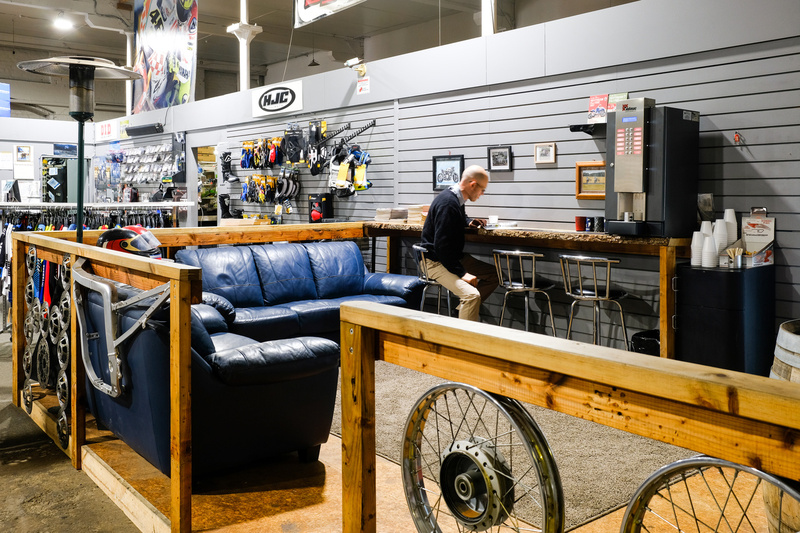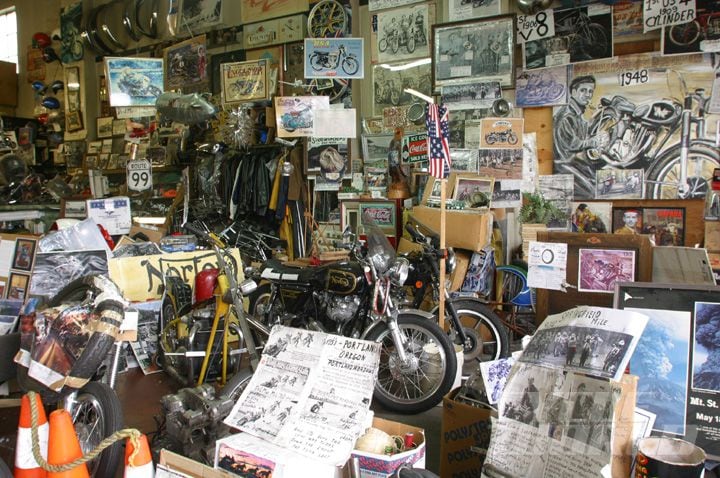Grasping Motorcycle Gears: Exactly How to Optimize Your Riding Experience
In the realm of motorcycling, mastering the art of gear control is important for improving your riding efficiency. Correctly using and understanding motorbike equipments can dramatically impact gas, control, and velocity performance, transforming an average experience right into a smooth, thrilling trip.
Comprehending Equipment Mechanics
At the core of bike characteristics, equipment auto mechanics play a pivotal duty in transforming engine power right into movement, inevitably dictating speed and control. The equipment proportions, thoroughly made, identify the connection in between engine transformations and wheel turns, influencing velocity and gas performance.
Comprehending equipment mechanics starts with acknowledging the significance of the transmission, which houses multiple gears of varying sizes. These equipments engage through a procedure referred to as meshing, where teeth of different equipments engage to transfer power. The accuracy of this communication is critical; any type of misalignment or damages can lead to inefficient power transfer, hindering performance. In addition, the plan and dimension of equipments influence the motorbike's ability to handle various lots and rates.
In addition, the concept of gear moving is essential to maximizing performance. Smooth and prompt changes make certain that the engine runs within its ideal power band, protecting against unnecessary strain and enhancing durability (motorbike shop). By understanding these mechanical complexities, motorcyclists can attain a harmonious blend of efficiency, power, and control, boosting their riding experience
Timing Your Shifts
Shift timing proficiency is crucial for maximizing motorbike performance and boosting the riding experience. Properly timed shifts make certain that the engine runs within its optimum power band, which is critical for maintaining control, attaining smooth velocity, and making certain the long life of the bike. Bikers have to establish an instinctive sense of when to move equipments, which involves comprehending the partnership between engine changes per min (RPM) and rate.
To grasp change timing, pay close interest to the engine's audio and feel, as these offer vital ideas about when to alter equipments. The suitable change factor generally takes place when the engine approaches the upper array of its power band without reaching the redline. Changing prematurely can lead to an absence of power, while moving too late might cause unneeded engine stress
Additionally, roadway problems and riding style influence shift timing. In contrast, during highway riding, less shifts at higher speeds can be a lot more proper.
Enhancing Fuel Performance
While grasping motorbike equipments is crucial for efficiency, improving gas efficiency is equally essential for both economic and ecological reasons. Optimum gas usage not only decreases functional prices yet also reduces the environmental footprint of riding. To accomplish this, one should recognize the intricate connection in between equipment selection and engine efficiency.
To start with, choosing the best equipment at ideal speeds can considerably affect fuel consumption. Riding in a greater equipment at reduced speeds can bring about engine hauling, which is damaging to both gas economic situation and engine wellness. Conversely, riding in reduced gears at high rates causes unnecessary fuel usage. Therefore, preserving an ideal equilibrium by shifting gears in alignment with road problems and anticipated maneuvers is vital.
Furthermore, routine upkeep plays an essential role in fuel effectiveness. Ensuring that the motorbike is well-tuned, with tidy air filters and effectively inflated tires, can minimize and improve aerodynamics gas wastefulness. Taking on a riding style that accepts progressive velocity and smooth deceleration can contribute to far better fuel economy.

Methods for Smooth Transitions
Attaining smooth equipment transitions is basic to improving the riding experience and making sure the longevity of a motorcycle's riding gear store near me transmission system. Proper equipment shifting not only adds to a smooth trip yet likewise decreases damage on the mechanical parts. To grasp the art of smooth changes, motorcyclists must concentrate on a few essential techniques.

Second of all, clutch control plays a crucial role. Involving and disengaging the clutch smoothly requires technique. The clutch bar ought to be released progressively, permitting for a smooth transfer of power from the engine to the wheels without causing a jolt or abrupt motion.

Adjusting to Roadway Problems
Browsing diverse road conditions is a critical skill for any motorcyclist intending to preserve control and safety. Whether you're riding on damp surfaces, gravel roads, or browsing doglegs, your capacity to adjust your gear use and riding strategy is extremely important. Recognizing exactly how to adjust your equipments appropriately can dramatically influence grip and security, guaranteeing a much safer journey.
On wet roadways, it is a good idea to maintain higher gears to reduce torque and lessen wheel spin. This method assists keep grip on unsafe surface areas, permitting for smoother velocity and slowdown. In comparison, when riding on crushed rock or unequal terrain, lower gears are better. Reduced equipments offer better control and enable you to respond more quickly to unanticipated modifications in the road surface.
Sharp curves demand precise equipment administration to stabilize rate and control. Downshifting before entering a curve can help preserve energy while guaranteeing the motorbike stays steady weblink throughout the turn. Constant technique in varied conditions enhances your capability to anticipate and respond to adjustments in roadway appearance and incline.
Conclusion
Understanding motorcycle gears dramatically enhances the riding experience by enhancing control, fuel, and velocity efficiency. Adjusting equipment option to various roadway conditions, such as making use of higher gears on wet surfaces and lower gears on crushed rock, more improves handling and safety and security.
Understanding gear technicians begins with acknowledging the relevance of the gearbox, which houses multiple gears of varying dimensions. These equipments engage via a procedure known as meshing, where teeth of different gears involve to send power (motorcycle shop). Mild adjustments to the throttle during gear shifts can stop jerky motions and preserve a constant riding pace
Whether you're riding on damp surface areas, gravel roads, or navigating sharp turns, your capability to adjust your equipment use and riding method is extremely important. Adapting equipment option to different roadway see this page conditions, such as utilizing higher equipments on damp surfaces and lower gears on gravel, further boosts handling and safety and security.